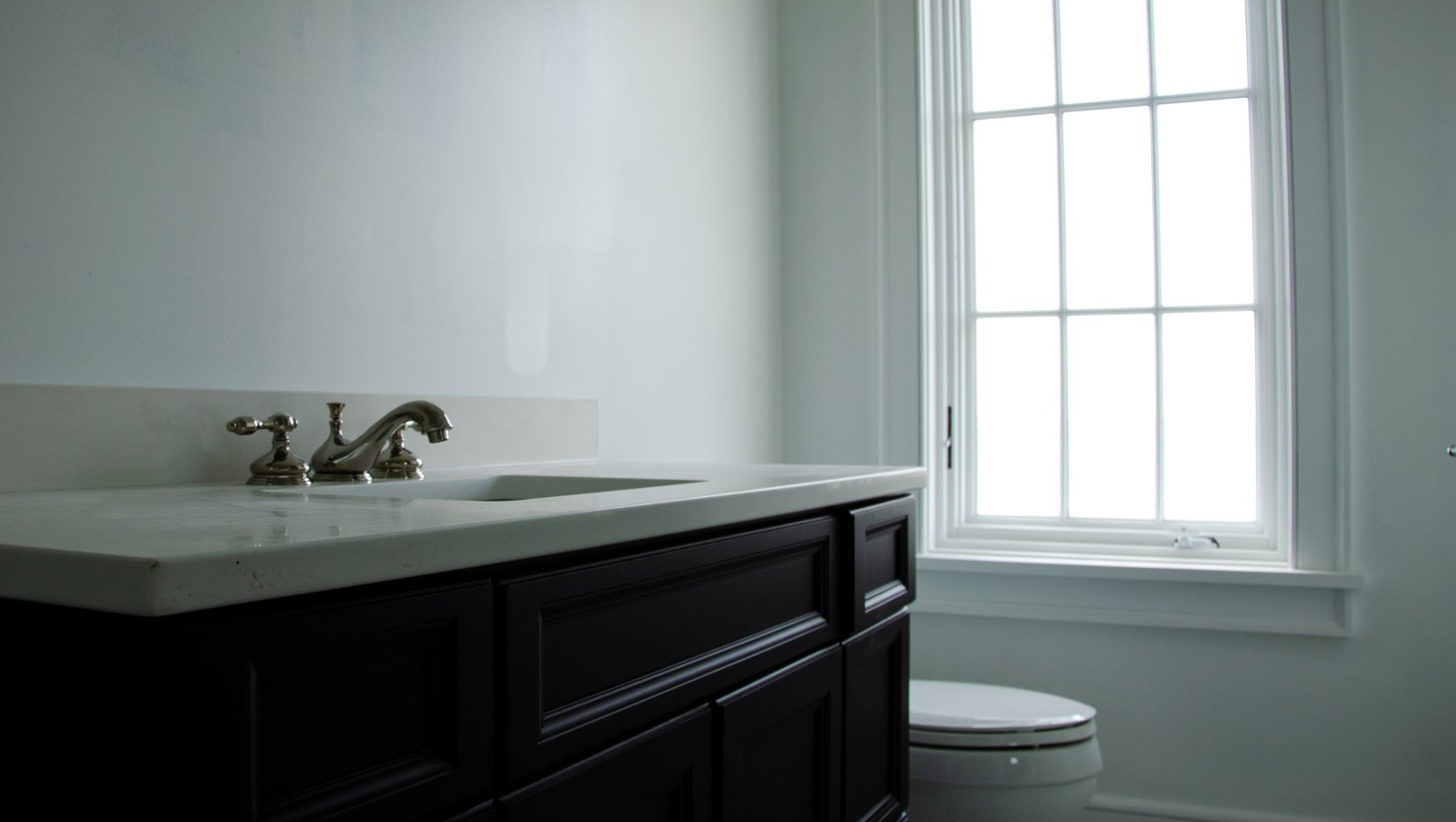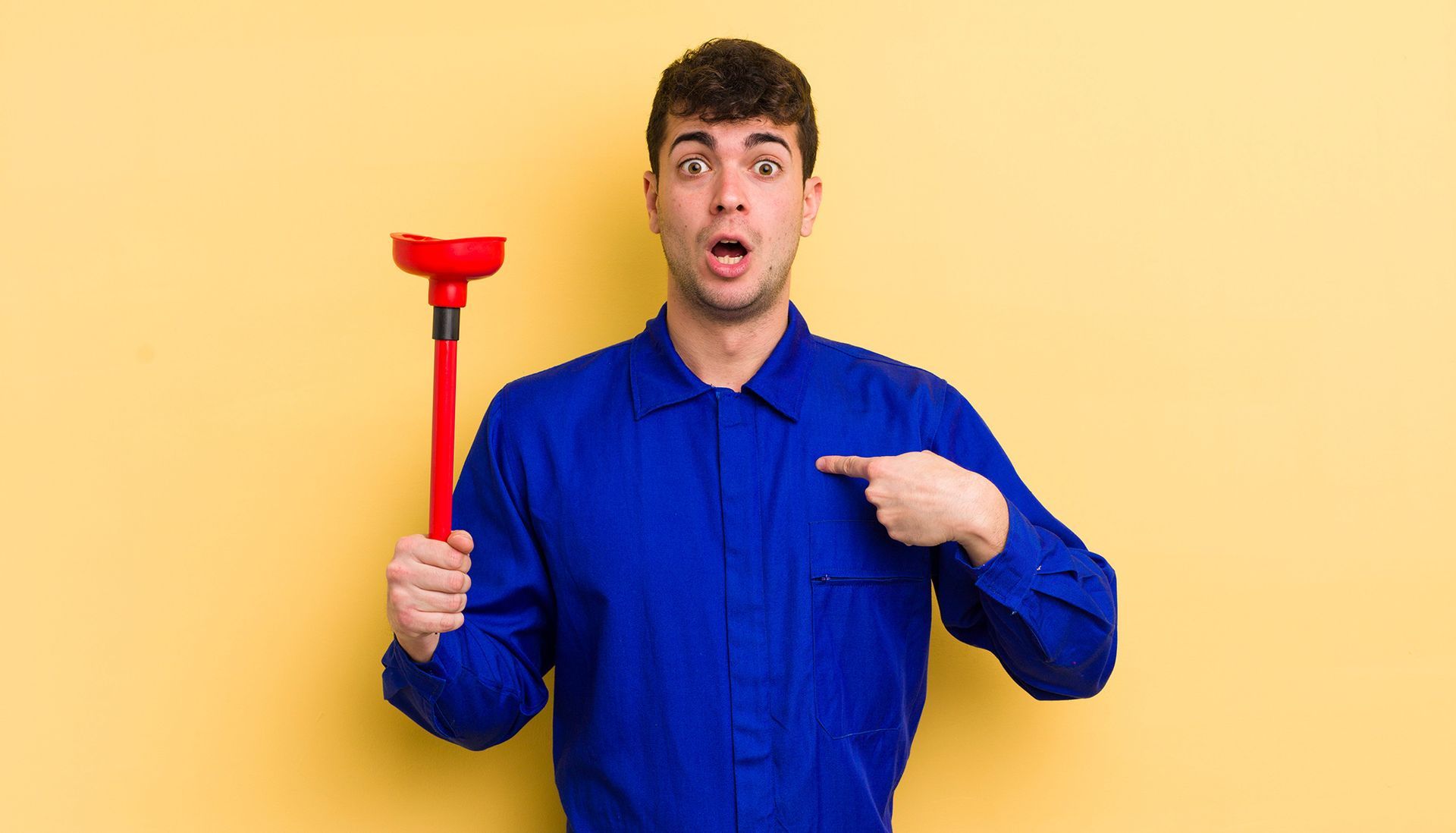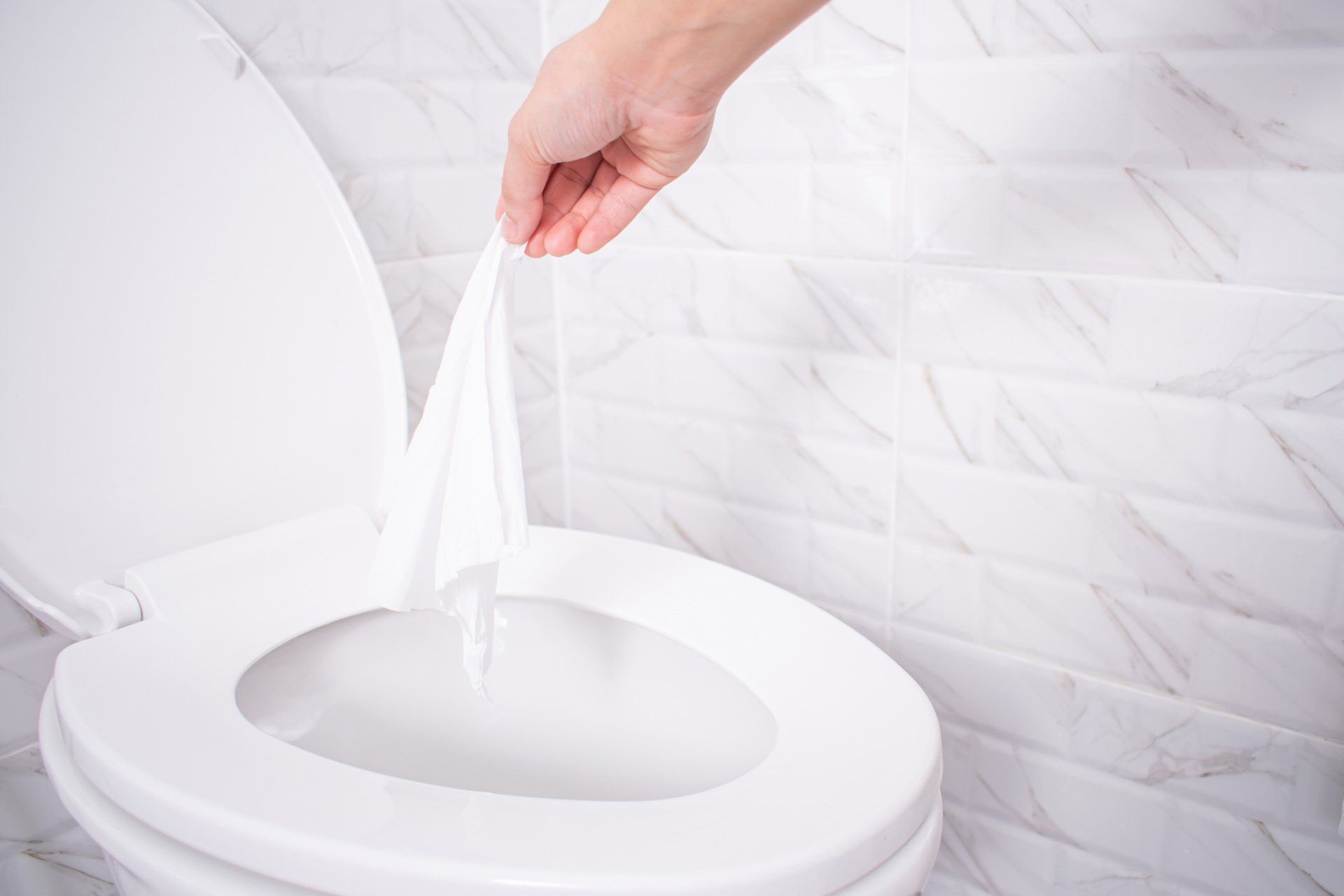How to be nice to your plumbing system during the holiday season
The beginning of the month of December means many things for most Americans. The weather cools off, the year is ending, and the mood turns jolly- because the holidays are just around the corner. And that, in turn, means family gatherings.
When you’re at a get-together with friends and relatives, the chances are that your plumbing system is going to be working much harder than it ordinarily does because there are more people in your house. As such, everyone needs to work together to be nice to that plumbing system, and not overwork it.
Here are three ways you can do so.
Don’t put anything in the toilet that doesn’t belong in your plumbing system
One of the biggest no-nos of plumbing is flushing things down your toilet that absolutely are not meant to be flushed down your toilet. If it’s not your waste or toilet paper, it does not have any business being flushed down into your pipes. That means no paper towels, candy wrappers, plastic silverware, female hygiene products, and so on. But while this rule of thumb is applicable for all 365 days of the year, it’s especially critical during the holiday season, when large crowds of people are gathering. If things that don’t belong in your pipes have been flushed down there, and on top of that your toilet is being flushed more frequently than usual, the problems that are certain to arise are only going to be compounded.
Don’t pour grease or oil down the drain and into your plumbing system
When you’re washing your dishes, it’s understandable that some of the residues from potentially greasy or oily plates and silverware will run down the drain. The key is to not allow excessive amounts of grease or oil to travel down the drain. As the grease cools off, it congeals, which in turn can create blockages inside your pipes. Even worse, if you pour boiling hot oil down the drain, say, from the remains of a frying pan that was sautéing chicken, the rapid increase in temperature could cause the pipes to expand and contract. With all the activity that’s sure to happen in your kitchen sink, limiting the amount of greasy residue that slips down the drain is a must.
Replace any pipes in your plumbing system that look rusty or old
When you’re washing your dishes, it’s understandable that some of the residues from potentially greasy or oily plates and silverware will run down the drain. The key is to not allow excessive amounts of grease or oil to travel down the drain. As the grease cools off, it congeals, which in turn can create blockages inside your pipes. Even worse, if you pour boiling hot oil down the drain, say, from the remains of a frying pan that was sautéing chicken, the rapid increase in temperature could cause the pipes to expand and contract. With all the activity that’s sure to happen in your kitchen sink, limiting the amount of greasy residue that slips down the drain is a must.
You might also like



